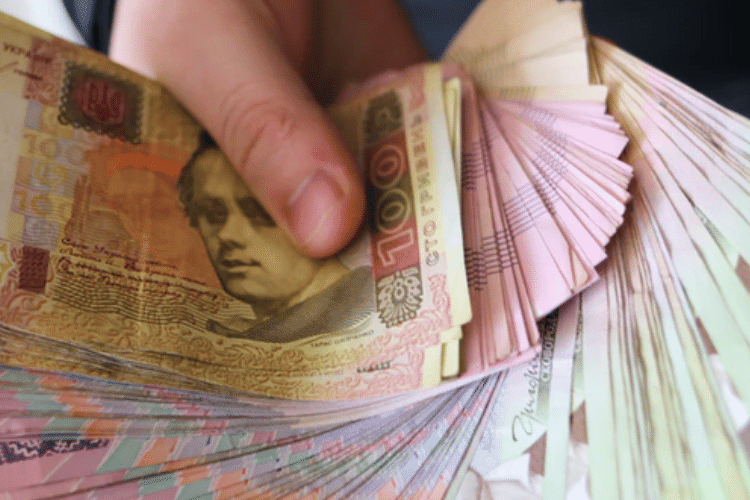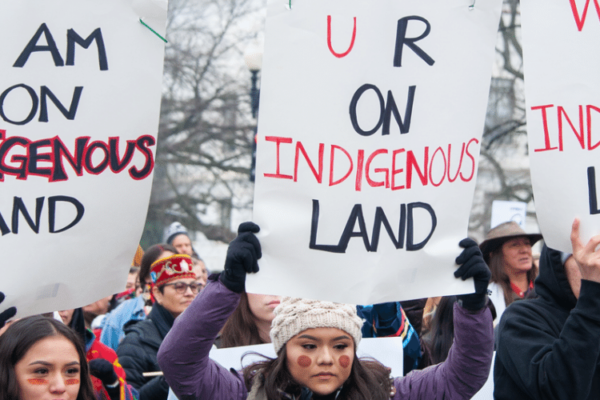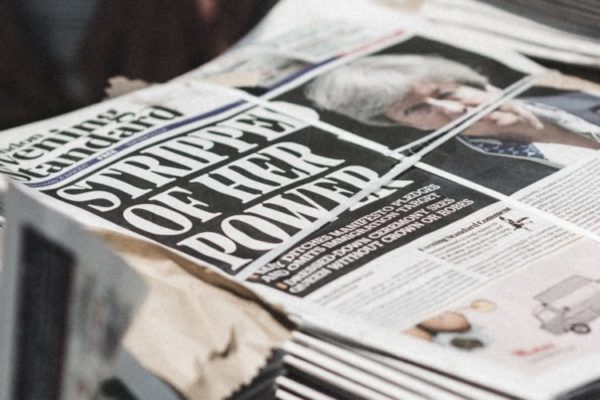Multinational efforts to recover stolen assets and fight corruption have been hampered by the Covid-19 pandemic. Anti-corruption experts discussed the problem during the panel “Taking It Back: Making Asset Recovery Work” at the 19th International Anti-Corruption Conference.
“I think it is going to have a significant bearing on our ability to tackle grand corruption and recover proceeds for a number of decades to come,” said Jonathan Benton, the CEO and founder of Intelligent Sanctuary, a global asset-tracing and due-diligence firm.
Benton also formerly led the UK’s response to tackle grand corruption and asset tracing as a detective. He said he expects countries like the UK, US, Nigeria, and Switzerland to cut their investments in asset recovery. “Let’s be honest,” he said. “It costs a lot of money to do this work. Investment may now suffer because of the consequences of the pandemic.”
Karen Greenaway, an anti-corruption consultant and former FBI special agent, said the pandemic has cost investigators vital time in recovering assets.
“We need to start being right on top of the situation to know where the money is going, who it is it going to and what happens to it from there,” she said. “And there are a few reasons for this. One is that evidence doesn’t get any better the longer it is out there. In fact, it degrades with time. Another reason is the international financial system in these cases, unfortunately, is not your friend when it comes to the collection of evidence. And finally is record retention. For example, ten years, in general, is too late in order to get bank records and be able to put cases together.”
The panellists said journalists play an important role in anti-corruption efforts and asset recovery. The Panama Papers and the Luanda Leaks made public secret records exposing a system that enabled corruption and wrongdoing. Other journalism collaborations, including some by the Organized Crime and Corruption Reporting Project, have exposed corruption and helped in asset recovery around the world.
The panellists said greater collaboration and inter-agency alliances are necessary too. Asset recovery often requires cooperation with local law enforcement. “Even if the international community is going to help you get your money back, the evidence is in the local country,” Greenway said. “You need to have somebody qualified to help you collect it.”
Yara Esquivel, a senior financial sector specialist at the Stolen Asset Recovery Initiative, said the collaboration with local tax and audit authorities is also essential. “Tax authorities have a wealth of information and records about these crimes,” he said. “Working with them is very important, and some countries like the US, UK, Canada, Uganda, and Kenya, among others, are beginning to use tax authorities in this regard.”
The work should not stop simply when assets are recovered. There is also a need for more accountability and transparency in how recovered assets are used—in order to ensure that the funds are not stolen again.
“You never recover it all, but now you have it, what do you do with it?” said Debra LaPrevotta, a senior investigator at The Sentry, an investigative and policy team that works on recovering stolen assets connected to African war criminals and transnational war profiteers. “How do you ensure that there is accountability? Is there a designated asset recovery or forfeiture fund where these funds are maintained safely, so people know it is safe and secure?”
“Before we return looted monies, we need to have guarantees that the money won’t disappear again,” LaPrevotta said, pointing to an agreement between the state of New Jersey in the United States and the Nigerian government involving the return of US$308 million linked to the Abacha regime. “It took quite a while for the US and the Nigerian government to work together to make sure that when these funds are returned, there was full transparency, accountability and knowledge of what the money would be used for and that NGOs are involved in how the funds are spent.”


